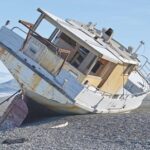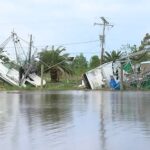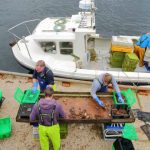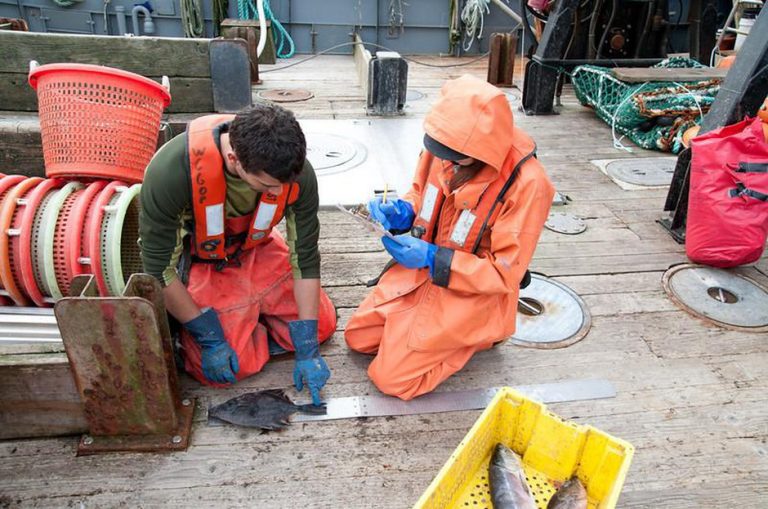Daily Archives: October 25, 2012
Current Fisheries Management Jeopardizes Marine Ecosystems Source:Stony Brook University dedicated to advancing ocean conservation through science
TRADITIONAL FISHERIES MANAGEMENT APPROACH JEOPARDIZES MARINE ECOSYSTEMS WORLDWIDE Fisheries expert and executive director of Institute for Ocean Conservation Science at Stony Brook University presents assessment of current fisheries management in the journal Science Newswise — STONY BROOK, NY– In a Perspectives article, “The Risks of Overfishing,” published online today in the October 26 issue of the journal Science, Dr. Ellen K. Pikitch, executive director of the Institute for Ocean Conservation Science and professor at Stony
Taking over the fishing regulations of a nation involves vanity and corruption – Part 1. In 1975, Jane Lubchenco, a young zoology student from,,,,,Coincidentally, during that period (1983-1987), Dr. Ellen Pikitch also worked as an Asst Professor Dept of Fisheries and Wildlife at,,,,,Read More. Lots More. http://fishery.about.com/b/2011/04/24/united-states-fishing-regulations-a-coup-detat.htm
The Role of Oceans (and Overfishing) in Climate Change
To understand how/why NOAA/NMFS are destroying our fishing industry, you need to look to the UN and the ENGO’s that control it’s agenda. That is why I’m here at Fishery Nation, together we can expose this shakedown by the Big Green Mafia!
Blue Carbon: The Role of Oceans (and Overfishing) in Climate Change
Interesting article on the ocean’s understudied role in climate change. See video at end of story which highlights research on overfishing disrupting oceanic carbon sink:
“…The Patagonian shelf absorbs about 17 million metric tons of carbon per year, equivalent to all the carbon contained in 100 thousand hectares of rain forest. The Patagonian shelf break is one of the most important fisheries regions on earth. Today most experiments agree that marine ecosystems are badly overfished and that at the present pace no fisheries are sustainable. A decrease in fish population could eventually affect zooplankton and phytoplankton communities thereby disrupted by (sic) the ability of the oceans to capture CO2. Such alterations of the marine ecosystem would be analogous to the impact of land use change on the continental carbon budget. These changes are still poorly understood and may bring with them unexpected surprises. Monitoring ocean productivity, carbon budgets and fisheries is important to understand options and interventions in the mitigation of greenhouse gas emissions.”













































